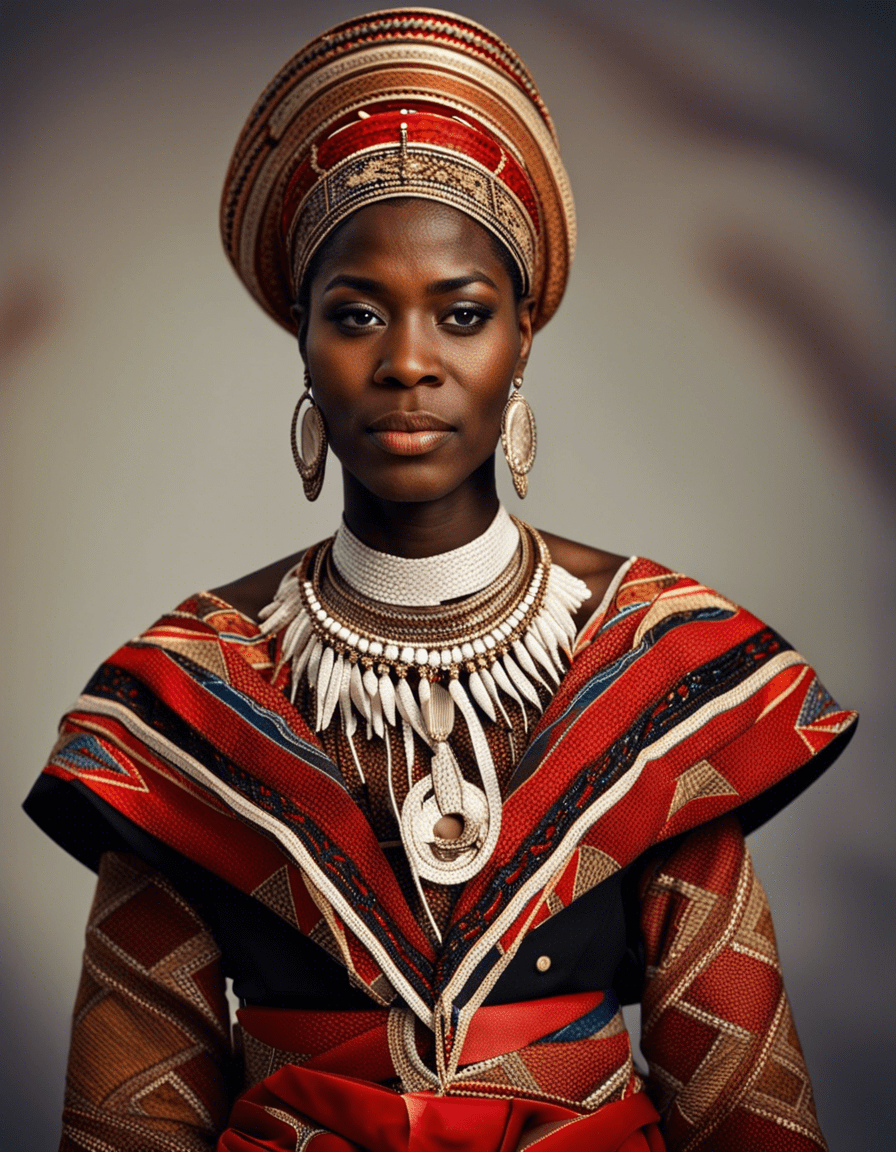
Equatorial Guinea, officially known as the Republic of Equatorial Guinea, is a small country located in Central Africa. It is one of the smallest countries in continental Africa and is bordered by Cameroon to the north and Gabon to the south and east. The country is composed of a mainland territory, Rio Muni, and five inhabited islands including Bioko, where the capital, Malabo, is located.
Equatorial Guinea’s history is marked by Portuguese and Spanish colonization. The Portuguese discovered the island of Bioko in 1472 and later ceded it to Spain in 1778. The Spanish ruled the country until 1968 when Equatorial Guinea gained its independence. Since independence, the country has experienced a series of military coups and human rights abuses, particularly under the rule of President Teodoro Obiang Nguema Mbasogo, who has been in power since 1979.
Equatorial Guinea is located on the west coast of Central Africa. It includes several islands, the largest being Bioko, and a mainland region known as Rio Muni. The country has a diverse landscape with coastal plains, interior hills, and volcanoes. Its climate is tropical, with a wet season and a dry season.
The economy of Equatorial Guinea is largely dependent on its substantial oil reserves, which were discovered in the 1990s. Oil exports have driven the country’s economic growth, making it one of the wealthiest countries in Africa on a per capita basis. However, this wealth is not evenly distributed, and a large proportion of the population still lives in poverty. Other important sectors of the economy include agriculture and fishing.
The culture of Equatorial Guinea is a blend of native Bantu cultures and Spanish influences. The official language is Spanish, but other languages such as French and Portuguese are also spoken. The majority of the population is Christian, primarily Roman Catholic. Music and dance are important aspects of Equatorial Guinean culture, with traditional dances such as the balélé and the ibanga being popular.
Education in Equatorial Guinea is compulsory for children between the ages of 6 and 14. The education system is based on the Spanish model, and Spanish is the language of instruction. Despite improvements in recent years, the country still faces challenges in the education sector, including inadequate resources and infrastructure, and low enrollment and literacy rates.
| Cookie | Duration | Description |
|---|---|---|
| cookielawinfo-checkbox-analytics | 11 months | This cookie is set by GDPR Cookie Consent plugin. The cookie is used to store the user consent for the cookies in the category "Analytics". |
| cookielawinfo-checkbox-functional | 11 months | The cookie is set by GDPR cookie consent to record the user consent for the cookies in the category "Functional". |
| cookielawinfo-checkbox-necessary | 11 months | This cookie is set by GDPR Cookie Consent plugin. The cookies is used to store the user consent for the cookies in the category "Necessary". |
| cookielawinfo-checkbox-others | 11 months | This cookie is set by GDPR Cookie Consent plugin. The cookie is used to store the user consent for the cookies in the category "Other. |
| cookielawinfo-checkbox-performance | 11 months | This cookie is set by GDPR Cookie Consent plugin. The cookie is used to store the user consent for the cookies in the category "Performance". |
| viewed_cookie_policy | 11 months | The cookie is set by the GDPR Cookie Consent plugin and is used to store whether or not user has consented to the use of cookies. It does not store any personal data. |